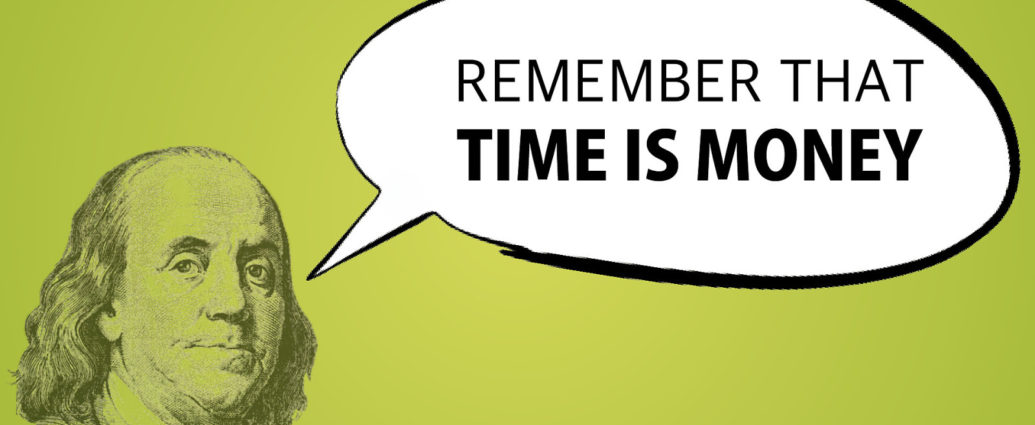How Ego Hurts You (& How to Overcome It)
“As we have seen, having–the concept of ownership–is a fiction created by ego to give itself solidity and permanency and make itself stand out, make itself special. Since you cannot find yourself through having, however, there is another more powerful drive underneath it that pertains to the structure of the ego: the need for more, which we could also call ‘wanting.’ No ego can last for long without the need for more.” ~ Eckhart Tolle
How many of your financial decisions are made consciously? If you believe you make conscious decisions with your money, how do you know they are conscious?
It is difficult to think about money honestly and objectively because it is difficult to observe the ego honestly and objectively. The simple act of thinking is not consciousness; it is a function of ego, which is the antithesis of consciousness.
In other words, if you are thinking of money, whether it is investing, saving, budgeting, or something as simple as buying groceries, ego is the “inner voice” that you hear; it is giving you the rationale for your financial behavior.
What does this mean and why does it matter? The short answer, from a financial perspective, is that ego costs you money! The longer answer, which I will touch upon in this and in future posts, is that ego can take you farther away from your authentic self and cause harm in all areas of life, not just financial.
“Illusions commend themselves to us because they save us pain and allow us to enjoy pleasure instead. We must therefore accept it without complaint when they sometimes collide with a bit of reality against which they are dashed to pieces.” ~ Sigmund Freud
Ego is an illusionist. If you are aware of an illusion, it ceases to be an illusion. It is not until one begins to think about thinking—when the observer and the observed are the same (you)—that the ego is revealed and the illusion dissolves.
In other words, ego and awareness cannot co-exist; therefore only self-awareness is required to minimize or remove the negative potential of ego.
To aid in your awareness, consider some of the things and some of the results that the ego wants and how it can hurt you:
- Ego wants to be heard: It is the inner voice that chatters endlessly in your mind.
- Ego wants safety: With regard to money, ego creates anxiety: The stock market is falling! What will I do? What will happen to my money? Where should I invest now? How do I save more money? The value of my home is lower! My net worth is the lowest it’s been in a decade!
- Ego lives in physical reality: It does not know that the answers are inside so it seeks them outside. Self-worth, to the ego, is defined in physical terms: How much money do I have? How big is my house? What do others think?
- Ego wants to thrive and survive: It consumes messages that give it energy; it looks for information that confirms its biases (i.e. If the bias is toward rising stock prices, ego wants information supporting rising stock prices and ignores information supporting falling stock prices).
- Ego wants to compete: It wants to win; it wants to make more money than your neighbor; it wants to climb the corporate ladder; it wants your physical appearance to be more attractive than others; it wants to be right; and it wants to prove others wrong.
- Ego is envious: And the result is to seek and possess more money, material wealth and social status, which are all perceived by the ego as integral and necessary units of survival.
- Ego rationalizes: Success confirms that “I am right” and failure is perceived as a fluke.
- Ego is becoming: The ego is always on its way to something; to be somebody, to be something or to be somewhere else. If happiness is obtained, happiness stretches to a larger size so that its pursuit is continued and the survival of ego is ensured. There is no such thing as “good enough.” To be “nobody” is simply unacceptable. Ego lives in the future; it cannot live in the present moment. Because ego is always becoming, it is never Being.
Take another look at any of the previous points and imagine how much ego costs you (in monetary terms and in life): Investment losses, unnecessary purchases, career choices, personal relationships, and so on.
“See if you can catch, that is to say, notice, the voice in the head, perhaps in the very moment it complains about something, and recognize it for what it is: the voice of the ego, no more than a conditioned mind-pattern, a thought. Whenever you notice that voice, you will also realize that you are not the voice, but the one who is aware of it.” ~ Eckhart Tolle
With less care for identity; less care for comparing, competing, winning, you are able to stop ego from its damaging tendencies. When you are aware of the ego, you are enabled to stop the noise of inner turbulence and find peace. The chatter in your mind ends; the need to compare and categorize ends; the worry and concern over what is ends. You accept things for how they are; you are no longer becoming, you are Being. Zen Buddhists call this enlightenment.
Awareness minimizes the negative effects of ego; awareness dissolves the illusion that ego presents. The ego, however, is a natural function of human survival; therefore, it is not healthy to fight or deny the ego; and it is not necessary to be a PhD in psychology to counter it; simply be aware of it and ego can be overcome.
Have you recognized how ego can be harmful? How much do you think ego has cost you, both in financial and non-financial terms? In what ways have you been successful (or not) in minimizing the negative potential of ego?
VIA:

